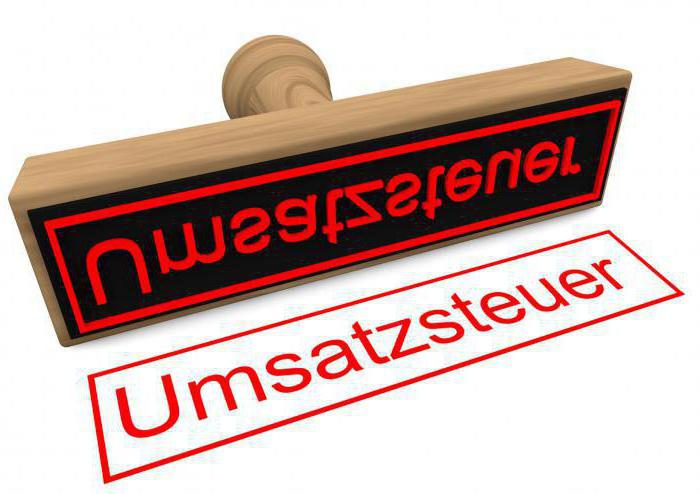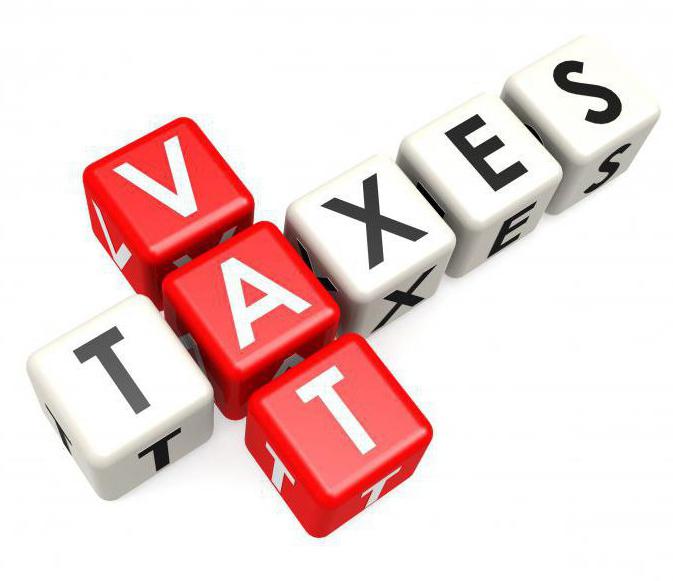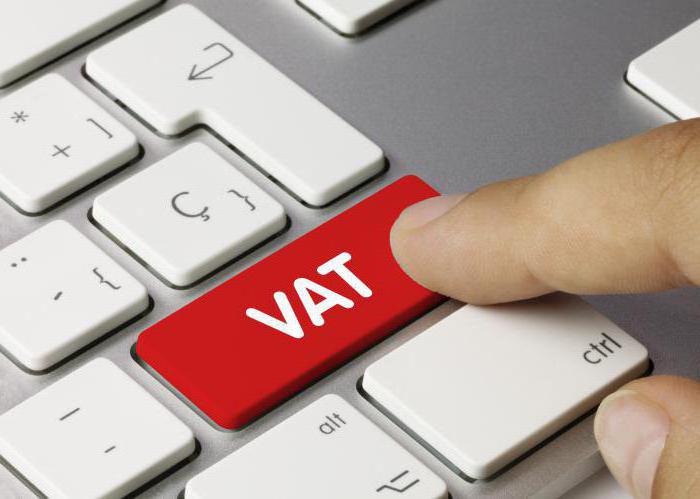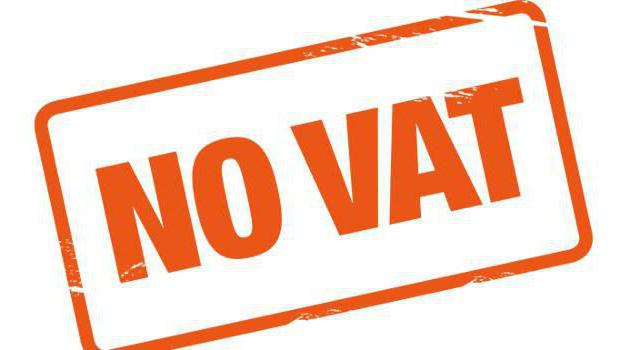The Federal Republic of Germany (Germany) has one of the most developed economies in Europe and around the world. This state attracts a large amount of investment, not least because of its well-designed tax system. Taxes in Germany fall into three broad categories: income, consumption and transactions, as well as property taxes.
Income taxes: how much will have to be paid to the state treasury
Income taxes in the Federal Republic of Germany are also of three types: on income earned by individuals; on company profits; as well as the tax that is levied on all activities of an economic entity.

Taxes in Germany on the income of individuals account for 40 percent of all revenues to the state budget. This type must be paid by those residents of Germany, whose income source is located outside this republic.
The basis for taxation is wages and capital gains. A distinctive feature is the progressive interest rate. Its minimum size is 19 percent, and the maximum is 53 percent. If a person lives alone, then an income of 5,616 euros per year is not taxable. For couples, this figure is twice as high - 11,232 euros per year.

Corporate taxpayers are legal entities. They can be joint-stock companies, partnerships, as well as organizations of state ownership, if they carry out economic activities and receive profit during it. The tax rate for a single-owner corporation is 30 percent. If there are two or more owners, 45 percent of the profit.
Transaction and Consumption Taxes
This type of tax in the Federal Republic of Germany has two subcategories: for the acquisition of property and value added tax. The rate on the purchase of property is on average about 4.5-5 percent. The size of this rate is different in each federal state of the country. The highest in Berlin is 6 percent.
VAT in Germany must be paid every time a product is sold, certain work is performed, or some services are provided. There are two interest rates for tax in the republic - the main and the reduced. The size of VAT in Germany with the main one is 19 percent, and with a lower one - 7 percent. The basis for calculating VAT is the cost of goods, services, work performed.

At a reduced rate of VAT, catering establishments can pay. Also, a seven-percent rate is applied when importing grocery goods; this rate does not apply to drinks. German tax laws exempt certain categories of their citizens from paying VAT. These categories include insurers and doctors.
VAT declarations
Value Added Tax must be paid once a month. The deduction is made in the same month when the seller sent an invoice for the services provided, work performed or products sold, and not when the buyer paid the bill. Also, the tax laws of the Federal Republic of Germany oblige young enterprises to submit preliminary VAT returns every month for two years from the date of state registration of the company. Submission of declarations must be made no later than the tenth day of the month, which follows after the tax period. But the state can extend this period for another month.At the end of each year, the company is obligated to send a declaration regarding the annual amount of value added tax.

Each company is also obliged to send VAT reports every month to the tax administration of the republic from the moment of registration of the company. The value of the reports is to calculate the final amount of VAT in Germany, which must be transferred by the company to the tax office. In addition to the total amount of value added tax, the report includes all invoices issued to the company during the month. If the company received fewer bills than it billed, then only the difference in value added tax should be transferred to the management. If on the contrary, management transfers the difference to the company account.
VAT accounting in Germany
The company needs to closely monitor the payment of VAT. As mentioned earlier, an invoice should be issued the same month that the goods were sold or the services provided. Each experienced company in the Federal Republic of Germany has in its staff a qualified accountant who monitors the VAT deductions to the state and keeps the enterprise accounting on time.
As for young companies, they are more likely to turn to outsourcing firms. The cost of services provided by tax consultants is relatively low. Since a new company rarely has a large number of accounts, the cost of outsourcing companies will be no more than two hundred euros.

Failure to transfer value added tax is followed by severe fines by the state. If the company does not pay the tax on time within three months from the date of the first violation, people in uniform will come to visit it, and the consequences will be much worse than simple fines.
Import VAT
To talk about VAT on import, one thing needs to be clarified: import must be considered the situation when goods are imported into the territory of the buyer country, because for another counterparty this will be considered export.
When the goods arrived at customs, they lose their obligation to re-export from the country. In order to carry out customs clearance of goods, it is necessary to pay customs duties and value added tax.

It is important to remember that there are goods exempt from value added tax. There are also enterprises that, according to the current legislation, are exempt from VAT. But despite the fact that the company is legally exempted from paying value added tax when importing goods, the tax service can just as legally require the company to pay VAT in Germany.
Calculation of VAT upon import to Germany
Import value added tax is calculated based on the customs value of the goods, all duties and excise duty, if any. The formula for VAT is as follows.
VAT = (Customs value + Amount of duties + Excise tax) / 100 * VAT rate
In those situations where the goods are not subject to excise taxes or duties, these taxes are excluded from the VAT calculation formula. Duties increase the amount of tax, and this leads to the fact that the final price of the goods paid by the end user also increases.

VAT in Germany when importing goods may be refunded by the state. For this, it is necessary to register the imported goods and send them to the tax invoices and invoices.
Export VAT
The German VAT rate for exports is zero. This also applies to products and services provided. For example, if a German is located in Germany and is developing a website for an American company that operates in the United States of America, he can tax the cost of the services he provides at a zero rate.
A resident of another country may return the value added tax.To do this, you must meet several conditions and collect the required documents.

VAT refund
VAT refund in Germany is carried out by the seller of the goods who has a payer number for this tax. In addition, such a return can be made only if the recipient of the product is either a non-resident of the European Union or a legal entity that is a resident of the EU, provided that he has an internal VAT payer number.

It should also be noted that it is impossible to purchase goods without VAT if you buy them at eBay. There is an opportunity to get around this unpleasant situation. You can agree with the seller of the goods to pay him the amount without VAT, bypassing the service. The auction itself does not welcome this, in addition, the buyer loses all guarantees for the security of the transaction.
Inability to purchase goods without VAT
Tax refund does not mean that the buyer purchases the goods, and then the amount of VAT is returned to him. Everything is much simpler - the seller invoices without including value added tax. However, according to German law, there is one exception. This exception is the purchase of a vehicle.